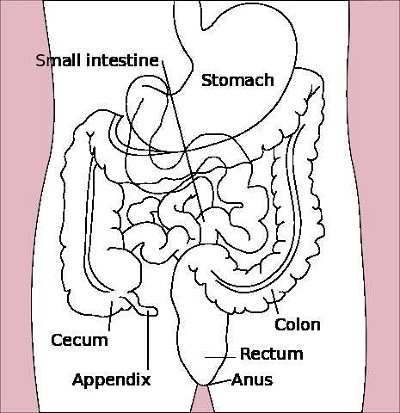2. One of the most common diseases that afflict us as we get older is Diabetes Mellitus, which is essentially too much sugar in the bloodstream. What is the easiest way, from the options listed, to screen for diabetes mellitus?
From Quiz The Pathophysiology of Getting Older
Answer:
Fasting serum glucose level
Diabetes mellitus, in its simplest terms, is high blood sugar which causes metabolic disorders and major health deficits. These include complications from heart disease, strokes, diabetic retinopathy (irreversible eyesight failure), all of which can end in blindness, kidney failure, and possible amputations from poor limb blood flow.
There are two types: Type I and Type II.
In Type I, which is normally diagnosed soon after birth, a lack of insulin means additional insulin must be given, for a lifelong period, by injection to keep blood glucose (sugar) levels within the acceptable range.
Type II is more insidious: It is characterised by increased "insulin resistance" frequently caused by obesity, and occurs as we get older. This type of diabetes is treated by oral medication but often large scale lifestyle changes are required: better diet, more exercise, less alcohol, less stress.
As obesity rates rise in the western world, we are on the verge of a diabetes epidemic. Just as we saw the effects of a lifetime of smoking on older people in the late 20th century where people died prematurely of blood and cardiac related problems, the 21st century will be characterised by premature disease in the not-so-old due to obesity-related diabetes .
As we entered the 21st century,, we moved from a hospital based health care system that treated diseases, through a paradigm shift where prevention became the main theme. We are living longer but at what price? Our sedentary lifestyle means we suffer chronic diseases such as diabetes and hypertension earlier and, as we live longer we have a longer period of decreased quality of life as we contract chronic diseases earlier than our forebears but paradoxically, live longer.
Diabetes Mellitus is easily diagnosed. We have a simple blood glucose test after we have fasted overnight. If the levels are above normal, we then take a Glucose tolerance test which means we drink a liquid with a prescribed amount of glucose and monitor the blood glucose levels over the next two hours. In diabetics, the blood glucose levels will not drop as readily as those in unaffected people. People with DM can monitor their diabetic control compliance by measuring their glycosylated haemoglobin.
Acute diabetics can monitor their glucose levels by taking finger prick specimens and placing the specimen in a portable instrument to give an instantaneous glucose reading.








 Quick Question
Quick Question